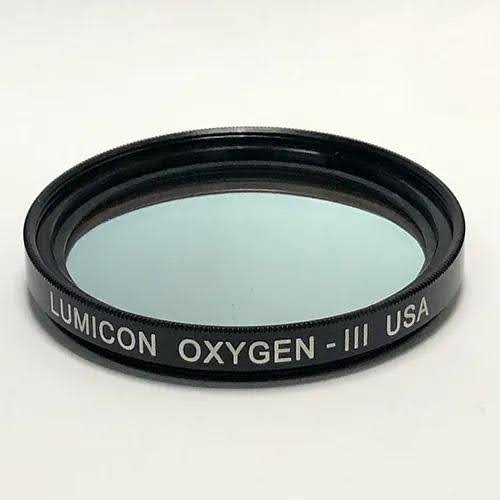In the ever-expanding glow of urbanization, the profound impact of light pollution on our ability to marvel at celestial wonders grows more evident each night. This exploration dives deep into the fundamental question: Can light pollution filters, with standout options like the Lumicon Nebula filters, authentically make a difference?
Join us as we unravel the intricate complexities of light pollution and scrutinize how these filters might just be the key to reclaiming the authentic beauty of our natural night environment.
Table of Contents
Understanding Light Pollution
Light pollution, defined as the intrusive presence of excessive or misdirected artificial light in the night environment, has become an environmental challenge of monumental proportions. The repercussions on astronomical observations and astrophotography are undeniable, with artificial light obscuring the natural splendor of the night sky and diminishing the visibility of celestial objects. Recognizing the critical need to mitigate light pollution is paramount for safeguarding the clarity and authenticity of our nocturnal surroundings.
The Role of Light Pollution Filters
In this challenging scenario, light pollution filters emerge as champions – optical devices meticulously designed to curtail the adverse effects of artificial light on astronomical observations and astrophotography. By selectively blocking specific wavelengths of light associated with common sources of pollution, these filters empower astronomers and astrophotographers to capture clearer and more detailed images of celestial objects. The Lumicon Nebula filters, highly regarded in the astrophotography community, epitomize advanced technology dedicated to combatting light pollution.
Can Light Pollution Filters Really Make a Difference?
A resounding yes echoes from scientific studies and real-world examples, substantiating the transformative impact of light pollution filters. Evidence indicates that these filters, including esteemed options like Lumicon Nebula filters, significantly enhance the visibility of celestial objects, even in heavily light-polluted urban areas. Reports from astrophotographers and astronomers alike underscore remarkable improvements in image quality and detail, providing a compelling testament to the efficacy of these filters.
Types of Light Pollution Filters
Understanding the nuances of light pollution filters is crucial for choosing the right tool for the job. Broadband and narrowband filters each come with their unique characteristics, influencing the filters’ adaptability to specific observing conditions. Filter materials, such as those used in Lumicon astronomical filters, further contribute to their performance, allowing users to tailor their approach to combat light pollution effectively.
Advantages and Limitations
The benefits of using light pollution filters extend beyond mere visibility improvement. By reducing the impact of artificial light, these filters enhance contrast and reveal details that would otherwise remain hidden. However, it’s essential to acknowledge potential drawbacks or limitations, such as the need for careful calibration and potential trade-offs in color balance. Striking a balance between filter use and other astrophotography techniques ensures optimal results.
Tips for Using Light Pollution Filters
Practical advice for astrophotographers seeking to maximize the effectiveness of light pollution filters includes adjusting camera settings and understanding the specific needs of different environments. Finding the right combination of filters and experimenting with settings allows photographers to tailor their approach to the unique challenges posed by varying degrees of light pollution.
Community Perspectives
To gain deeper insights into the impact of light pollution filters, we turn to the astrophotography community. Success stories and experiences shared by fellow enthusiasts, along with insights from astronomy and stargazing communities, provide a rich tapestry of perspectives. Collaboration and knowledge sharing within these communities contribute to a collective effort to combat light pollution.
Future Developments
Innovations in light pollution filter technology, such as ongoing research and initiatives dedicated to reducing light pollution, pave the way for a brighter (or, rather, darker) future. The role of individuals and communities in championing responsible lighting practices and advocating for the preservation of natural nightscapes further complements the advancements in filter technology.
The Bottom Line:
The resounding affirmative to the question of whether light pollution filters can make a difference resonates strongly. Lumicon Nebula filters and their counterparts stand as invaluable tools in the quest to reclaim the pristine beauty of the night sky.
As we navigate the complexities of combating light pollution, astrophotographers are not merely encouraged but urged to explore and adopt these filters, contributing to a collective effort to preserve the natural wonders that unfold when the lights go out.
Ready to reclaim the beauty of the night sky? Explore the transformative power of Lumicon, Inc.’s wide range of top-tier astronomy solutions. Let’s make a difference, one filtered image at a time.

